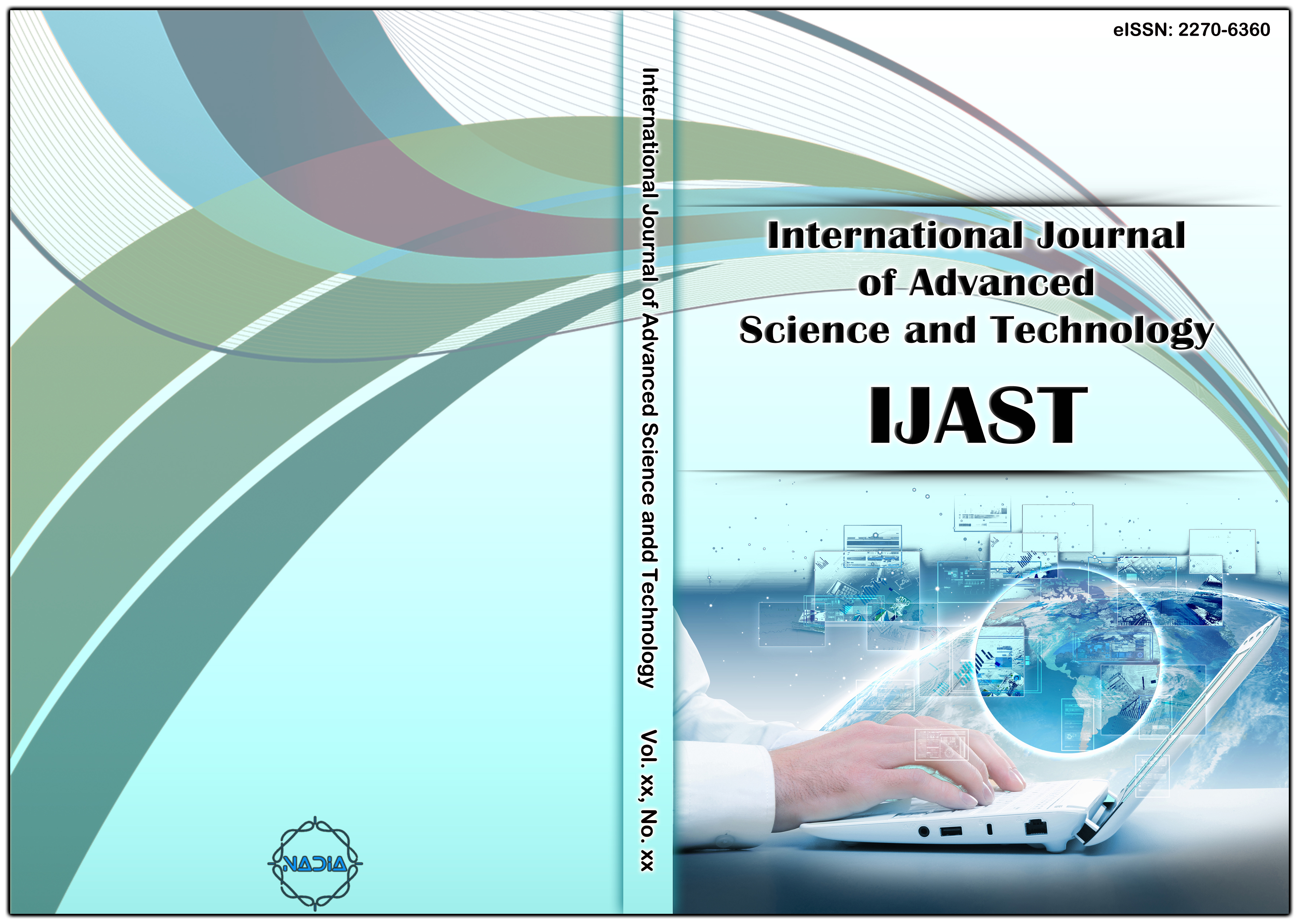[1] M. I. Mehar, C. L. Shier, A. Giambattista, E. Gong, G. Fletcher, R. Sanayhie, H. M. Kim, M. Laskowski, "Understanding a revolutionary and flawed grand experiment in blockchain: the DAO attack," Journal of Cases on Information Technology, Vol. 21, No. 1, (2019), pp. 19-32.
[2] The Parity Wallet Hack Explained, https://blog.zeppelin.solutions/on-the-parity-wallet-multisig-hack-405a8c12e8f7.
[3] G. Destefanis, M. Marchesi, M. Ortu, R. Tonelli, A. Bracciali, R. Hierons, "Smart contracts vulnerabilities: a call for blockchain software engineering," 2018 International Workshop on Blockchain Oriented Software Engineering (IWBOSE), (2018), pp. 19-25.
[4] T. Abdellatif, K. L. Brousmiche, "Formal verification of smart contracts based on users and blockchain behaviors models," 2018 9th IFIP International Conference on New Technologies, Mobility and Security (NTMS), (2018), pp. 1-5.
[5] SECURIFY, https://securify.ch.
[6] P. Tsankov, A. Dan, D. Drachsler-Cohen, A. Gervais, F. Buenzli, M. Vechev, "Securify: Practical security analysis of smart contracts," Proceedings of the 2018 ACM SIGSAC Conference on Computer and Communications Security, (2018), pp. 67-82.
[7] SmartCheck, https://tool.smartdec.net
[8] S. Tikhomirov, E. Voskresenskaya, I. Ivanitskiy, R. Takhaviev, E. Marchenko, Y. Alexandrov, "Smartcheck: Static analysis of ethereum smart contracts," 2018 IEEE/ACM 1st International Workshop on Emerging Trends in Software Engineering for Blockchain, (2018), pp. 9-16.
[9] K. Delmolino, M. Arnett, A. Kosba, A. Miller, E. Shi, "Step by step towards creating a safe smart contract: Lessons and insights from a cryptocurrency lab," International Conference on Financial Cryptography and Data Security, (2016), pp.79-94.
[10] K. Bhargavan, A. Delignat-Lavaud, C. Fournet, A. Gollamudi, G. Gonthier, N. Kobeissi, A. Rastogi, T. Sibut-Pinote, N. Swamy, S. Zanella-Béguelin, "Formal verification of smart contracts: Short paper," Proceedings of the 2016 ACM Workshop on Programming Languages and Analysis for Security, (2016), pp. 91-96.
[11] Y. Lee, J. Jeong, Y. Son, "Design and implementation of the secure compiler and virtual machine for developing secure IoT services," Future Generation Computer Systems, Vol. 76, (2017), pp. 350-357.
[12] Ethereum Smart Contract Best Practices, Recommendations for Smart Contract Security in Solidity, https://consensys.github.io/smart-contract-best-practices/recommendations/
[13] Solidity 0.4.21 documentation, https://solidity.readthedocs.io/en/v0.4.21/contracts.html.
[14] Known Attacks, https://consensys.github.io/smart-contract-best-practices/known_attacks/.
[15] E. Zhou, S. Hua, B. Pi, J. Sun, Y. Nomura, K. Yamashita, H. Kurihara, "Security assurance for smart contract," 2018 9th IFIP International Conference on New Technologies, Mobility and Security (NTMS), (2018), pp. 1-5.
